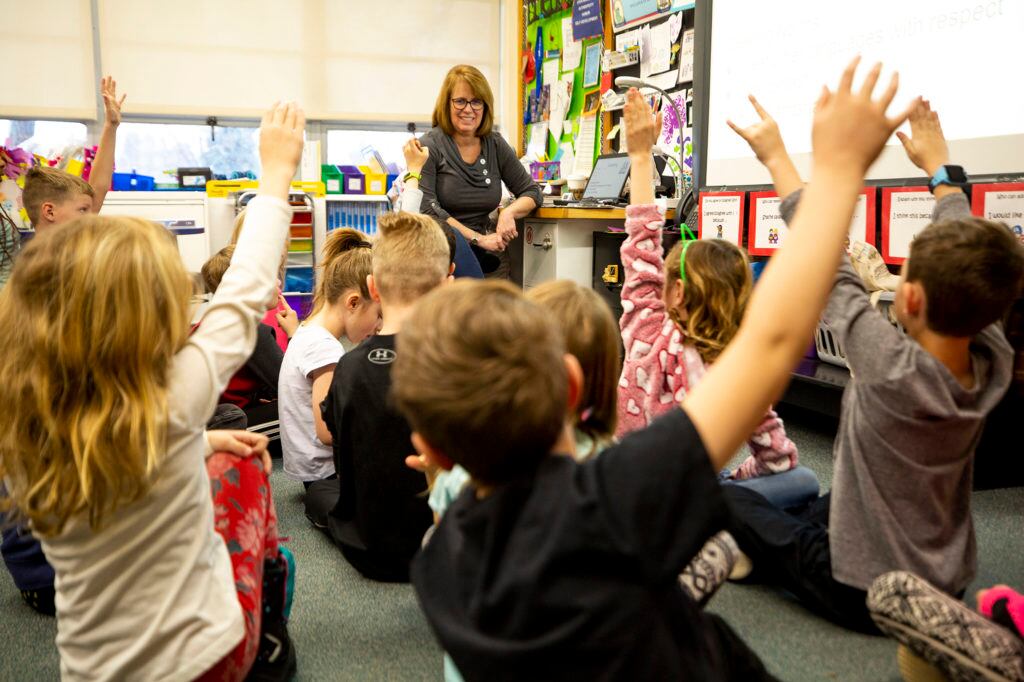Colorado students won’t start the school year with a uniform diagnostic test to determine how their reading and math skills stack up after months at home with inconsistent access to virtual learning.
In a letter to advocacy groups, Colorado Education Commissioner Katy Anthes said she shared their concerns about making sure schools and students have the right support to make up for learning loss, but she did not feel that an off-the-shelf diagnostic test was a good use of Colorado’s federal coronavirus relief funds.
She also feared it could lead to unintended consequences, such as inappropriately identifying children for special education services.
“I have determined that establishing a statewide assessment of this type at this point in time would distract districts from focusing on critical fall reopening priorities, result in unnecessary duplication, and not necessarily be aligned to local curricula,” Anthes wrote in a letter sent Monday. “Additionally, use of large-scale diagnostic assessments to determine all students’ current knowledge and skills falls outside of the validated purposes and uses of those assessments.”
Anthes was responding to a request from A Plus Colorado, an organization that uses data to push for better educational practices, and other education groups to require a statewide diagnostic test at the start of the 2020-21 school year.
They noted that Colorado canceled state assessments in the spring when schools closed to slow the spread of the coronavirus, then students had wildly different experiences with remote learning.
Parents and educators need data, they argued, to understand which students had fallen behind and how far.
Supporters of starting the year with a diagnostic test included Democrats for Education Reform, Colorado Succeeds, Ready Colorado, Independence Institute, African Leadership Group, Stand for Children Colorado, and the Colorado Latino Leadership, Advocacy, and Research Organization.
District leaders and teachers opposed the idea. They said they were already working on their own plans to assess students’ gaps, but that a statewide test would not necessarily match up with the curriculum used by schools. They said it would take away valuable time and energy to train teachers to administer the assessment and that the state’s limited federal relief dollars could be better used elsewhere.
After more than a month of deliberation, Anthes ultimately came out against a uniform diagnostic. She said students and teachers would benefit more from using diagnostic tools that districts already know and that are aligned with curriculum. She said it’s important that students not be held back from learning grade-level content because they missed out on certain material in the spring, even as teachers will need to find ways to fill in those gaps.
Colorado students are facing an uncertain fall as many school districts are still finalizing their plans for in-person learning and preparing for the possibility that students could have to return to remote learning for short or long periods of time.
Anthes said school districts should take this opportunity to examine their curriculum, identify the most important material, and consider appropriate changes to when and how that material is taught.
The Colorado Department of Education plans to convene a group of educators and others to recommend what testing and school accountability should look like in the 2020-21 school year and beyond. That group is expected to start work in September.





